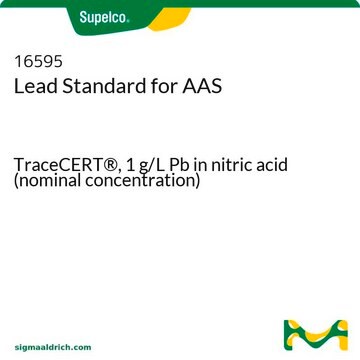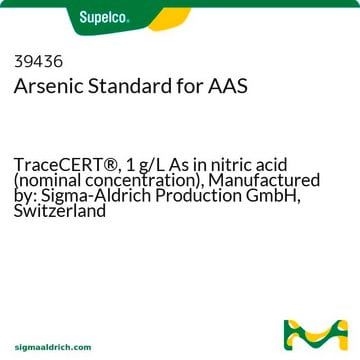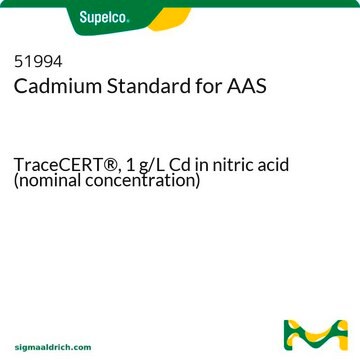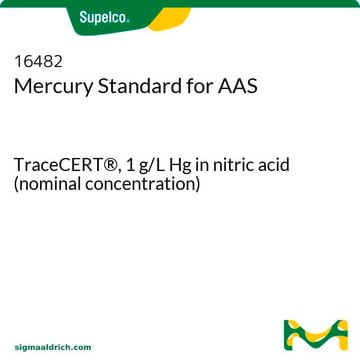76734
Daminozide-(dimethyl-d6) hydrochloride
PESTANAL®, analytical standard
Synonym(s):
Succinic acid mono[2,2-di(methyl-d3)hydrazide] hydrochloride
Sign Into View Organizational & Contract Pricing
All Photos(1)
About This Item
Empirical Formula (Hill Notation):
C6D6H6N2O3 · HCl
Molecular Weight:
202.67
UNSPSC Code:
41116107
PubChem Substance ID:
NACRES:
NA.24
Recommended Products
grade
analytical standard
Quality Level
product line
PESTANAL®
Assay
≥97.0% (GC)
shelf life
limited shelf life, expiry date on the label
application(s)
agriculture
format
neat
storage temp.
2-8°C
SMILES string
OC(CCC(NN(C([2H])([2H])[2H])C([2H])([2H])[2H])=O)=O.Cl
General description
Daminozide-(dimethyl-d6) hydrochloride is an isotope-labeled analog of the plant growth regulator daminozide, wherein all the dimethyl protons are replaced by deuterium.
Application
Isotope-labeled compounds are increasingly used in isotope dilution mass spectrometry (IDMS) for the quantitative analysis of pesticides. The main advantage of using the IDMS technique is because isotope-labeled compounds have nearly the same physical properties as their non-labeled counterpart analog, and thus show identical behavior during the workup and sample preparation process. This helps in overcoming the problems of matrix effects generally encountered in the usual LC-MS/GC-MS analysis potentially resulting in biased results. By spiking the sample before workup with its isotope labeled analog, the loss of analyte that leads to matrix effects can be determined and compensated.
Legal Information
PESTANAL is a registered trademark of Merck KGaA, Darmstadt, Germany
Storage Class Code
11 - Combustible Solids
WGK
WGK 3
Flash Point(F)
Not applicable
Flash Point(C)
Not applicable
Choose from one of the most recent versions:
Already Own This Product?
Find documentation for the products that you have recently purchased in the Document Library.
Shoulei Yan et al.
Biosensors & bioelectronics, 22(6), 1087-1091 (2006-04-20)
As the daminozide (DM) and its metabolite have been identified to be potentially carcinogenic, rapid detection method for them is necessary for food safety. A type of piezoelectric crystal sensor has been prepared by using a molecularly imprinted polymer (MIP)
Our team of scientists has experience in all areas of research including Life Science, Material Science, Chemical Synthesis, Chromatography, Analytical and many others.
Contact Technical Service








